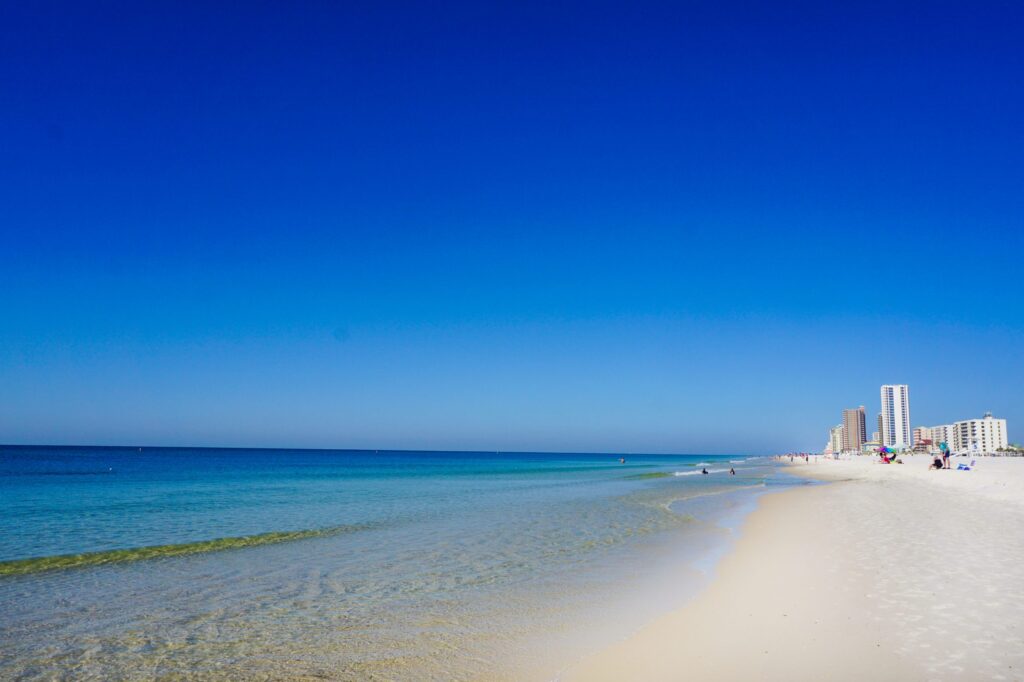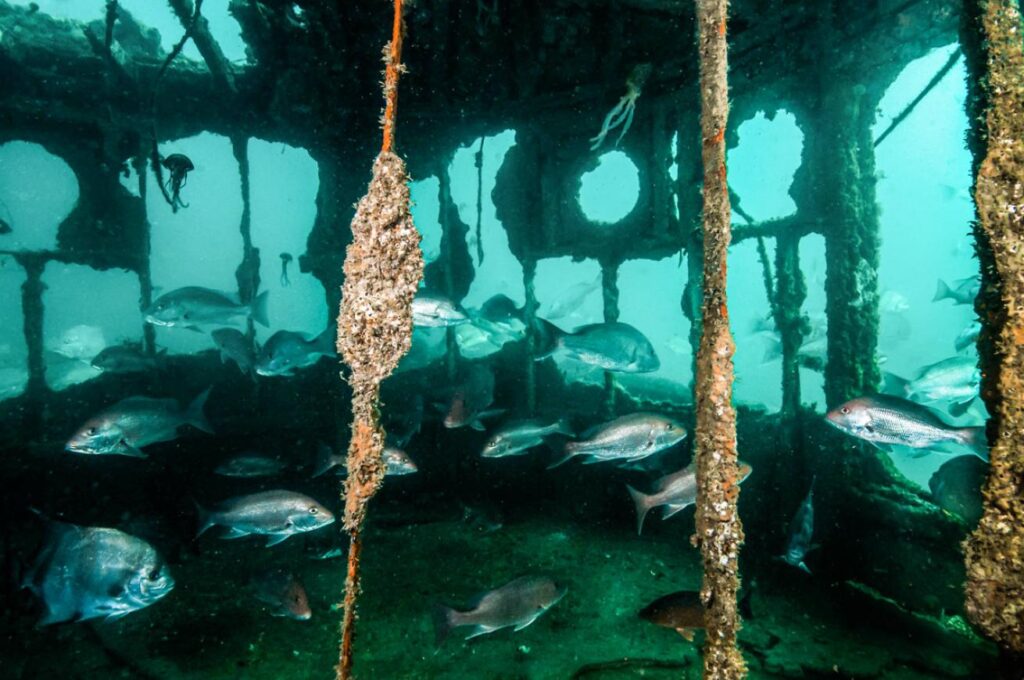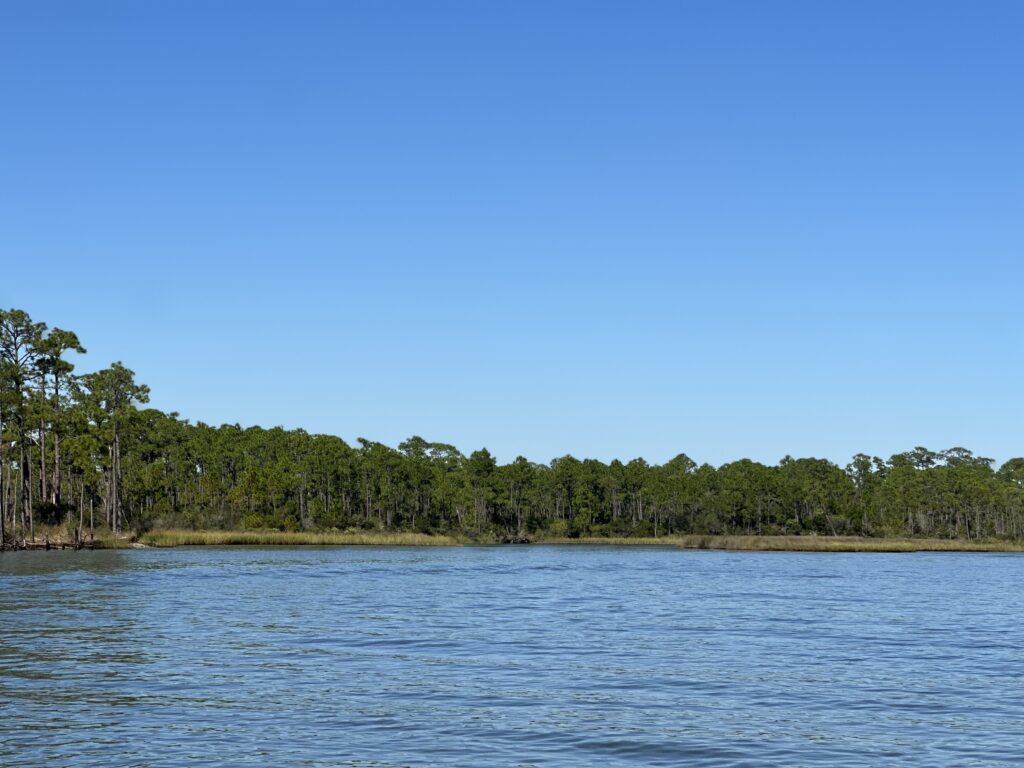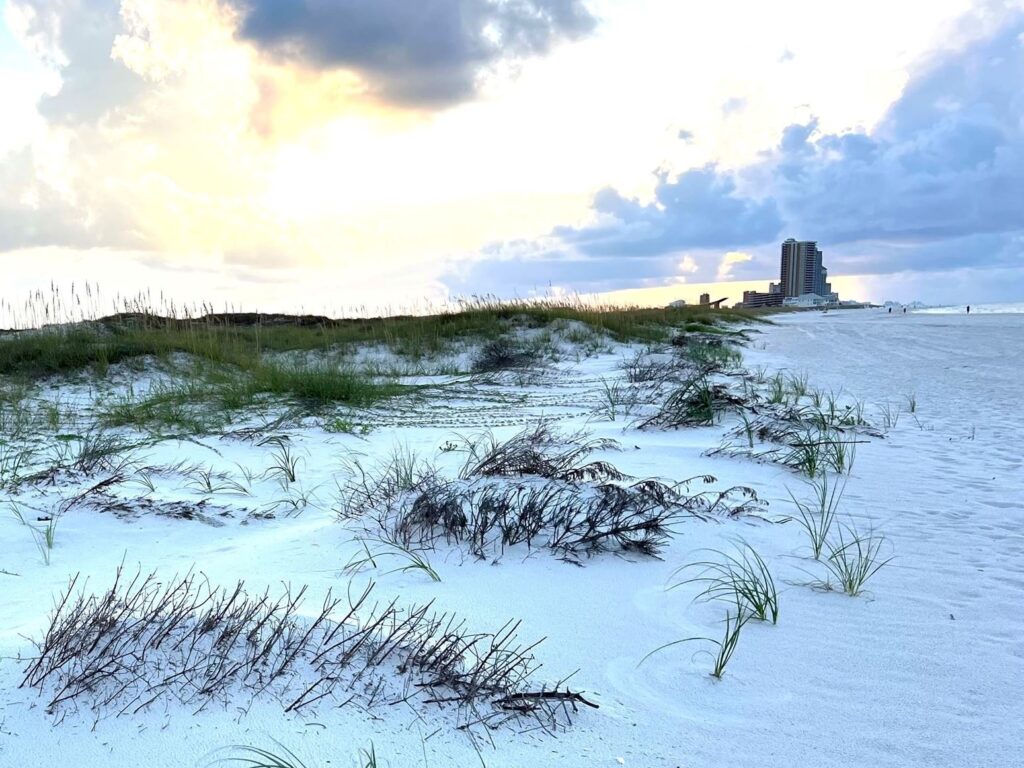The Impact of Hazardous Waste on the Gulf Coast

Why Proper Disposal Matters
The Gulf Coast is known for its breathtaking beaches, vibrant marine life, and thriving coastal communities. From Orange Beach to Gulf Shores, the natural beauty of the area plays a vital role in both the economy and the everyday lives of residents. However, this delicate ecosystem faces constant threats from improper waste disposal, particularly hazardous waste.
Hazardous waste, which includes materials like used batteries, paint, motor oil, and household chemicals, may seem harmless in small quantities. However, when these materials are not disposed of properly, they can have devastating effects on our environment, health, and the local economy. With events like the Hazardous Waste Drop-Off Day in Orange Beach, residents have a crucial opportunity to protect their community by ensuring these dangerous materials are handled safely.
What Is Hazardous Waste?
Hazardous waste refers to any material that poses a risk to human health or the environment. This can include solid, liquid, or gaseous substances that are toxic, corrosive, flammable, or reactive. Everyday items such as old paint cans, antifreeze, household cleaners, pesticides, and electronics fall into this category. When these items are dumped into regular trash bins, poured down drains, or left in open areas, they can seep into the soil, contaminate water sources, and release harmful chemicals into the air.
How Hazardous Waste Affects Our Waterways
One of the biggest concerns for the Gulf Coast is the impact of hazardous waste on our water supply. The region’s proximity to the Gulf of Mexico means that any pollution entering the environment has a direct pathway to the ocean. When hazardous materials are improperly discarded, rainwater can carry toxins into storm drains, rivers, and ultimately the Gulf.
Chemicals like motor oil and household solvents can create slicks on the surface of the water, preventing oxygen from reaching marine life. Heavy metals from batteries and electronics can leach into the water, leading to toxic buildups in fish and shellfish. These pollutants not only endanger wildlife but can also make their way into the seafood we consume, putting human health at risk.
The Impact on Wildlife and Marine Ecosystems
The Gulf Coast is home to an array of wildlife, including sea turtles, dolphins, and numerous fish species. Many of these creatures depend on clean water and a healthy habitat to survive. Unfortunately, hazardous waste pollution disrupts these ecosystems in ways that can be difficult to reverse.
For example, when toxic chemicals enter the water, they can affect the reproductive systems of marine animals, leading to population declines. Birds and fish can mistake small plastic or chemical-laden debris for food, leading to poisoning and death. Even minor exposure to contaminants can weaken the immune systems of marine species, making them more susceptible to disease and other environmental stressors.
The Human Health Risks
Beyond the environmental concerns, hazardous waste poses a direct threat to human health. Residents and visitors in the Gulf Shores and Orange Beach area enjoy outdoor activities like fishing, swimming, and boating. However, when hazardous waste pollutes the water, it increases the risk of skin irritation, respiratory problems, and long-term health issues.
Exposure to certain hazardous materials, such as lead and mercury, can cause neurological damage, especially in children. Ingesting contaminated seafood or coming into direct contact with polluted water can lead to serious health complications. The long-term effects of hazardous waste exposure can take years to surface, making prevention and proper disposal critical to protecting public health.
Economic Consequences of Hazardous Waste Pollution
The Gulf Coast’s economy relies heavily on tourism, fishing, and outdoor recreation. Clean beaches and pristine waters attract visitors from all over the country, contributing millions of dollars to local businesses. However, pollution from hazardous waste threatens this economic stability.
If the region develops a reputation for polluted waters and unhealthy seafood, tourism could decline, affecting hotels, restaurants, and recreational businesses. Fishing industries would suffer from declining fish populations, leading to job losses and reduced seafood availability. Additionally, cities and towns may be forced to spend significant resources on cleanup efforts, diverting funds from other essential community services.
The Importance of Community Action
Fortunately, protecting the Gulf Coast from hazardous waste pollution starts at the community level. By participating in events like the Hazardous Waste Drop-Off Day in Orange Beach, residents can make a significant impact. Proper disposal ensures that hazardous materials do not end up in landfills, water systems, or natural habitats.
These events also serve as an opportunity for education. Many people are unaware of the dangers posed by common household products or the best ways to dispose of them. Spreading awareness about the importance of hazardous waste management can encourage more residents to adopt eco-friendly habits and reduce pollution in their daily lives.
How You Can Help
Beyond attending drop-off events, there are several steps residents can take to minimize hazardous waste pollution:
•Be mindful of what you buy. Opt for environmentally friendly products whenever possible, such as non-toxic cleaners and rechargeable batteries.
•Store hazardous materials properly. Keep chemicals, paints, and batteries in sealed containers and away from water sources to prevent leaks.
•Recycle responsibly. Many hazardous waste materials, such as batteries and electronics, can be recycled instead of thrown away.
•Spread the word. Encourage friends, family, and neighbors to participate in hazardous waste disposal programs and adopt responsible waste management practices.
A Cleaner, Safer Gulf Coast
The Gulf Coast is a place of natural beauty and community pride. Protecting it from hazardous waste pollution requires collective effort, but the rewards are invaluable. By properly disposing of hazardous materials, supporting local cleanup initiatives, and making eco-conscious choices, residents can help ensure that Orange Beach, Gulf Shores, and the surrounding areas remain a thriving, healthy environment for generations to come.
If you’re a resident of Orange Beach, don’t miss the chance to take part in the Hazardous Waste Drop-Off Day on March 22nd from 8 AM to 12 PM at the Wind & Water Learning Center. It’s a simple yet powerful way to contribute to a cleaner, safer, and more sustainable Gulf Coast.






Responses